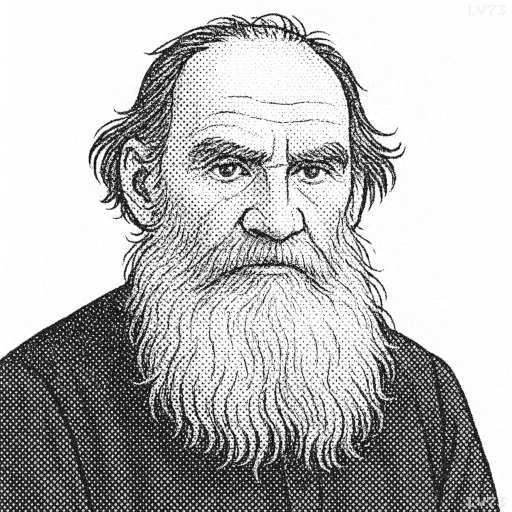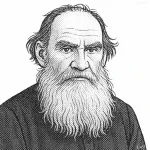“Government is an association of men who do violence to the rest of us.”

- September 9, 1828 – November 20, 1910
- Born in Russia
- Writer, philosopher
table of contents
Quote
“Government is an association of men who do violence to the rest of us.”
Explanation
In this quote, Leo Tolstoy critiques the nature of government as inherently coercive and violent. He argues that governments, regardless of their form, ultimately assert control over individuals through force, law, and power, often imposing their will on the population. For Tolstoy, the government’s claim to legitimacy is based on its ability to enforce its rules and maintain order, but this is done through violence, whether it is physical, economic, or social. Tolstoy viewed this as a fundamental injustice, as it places power in the hands of a few, who use it to control the many, often disregarding individual freedoms and moral principles.
This perspective is still relevant today, especially in the context of authoritarian regimes, militarized policing, and the abuses of power by those in government positions. Many people feel that their freedom and rights are often infringed upon by policies that prioritize control over human dignity and autonomy. Tolstoy’s words challenge the idea that government, in its many forms, is an inherently legitimate institution, urging individuals to question the moral implications of state power and its role in shaping society. The quote reflects his belief in nonviolent resistance and individual sovereignty, advocating for a life where people are not governed by coercion, but live according to their conscience and moral beliefs.
Tolstoy’s rejection of government authority is a central theme in many of his writings, including The Kingdom of God Is Within You, where he argues for nonviolent resistance and peaceful disobedience against unjust systems. His critique of government as a violent institution reflects his broader philosophy of pacifism and anarchism, where society should function based on voluntary cooperation and moral responsibility, not force or control. This quote serves as a powerful reminder that true justice cannot be achieved through violence or oppression, but through moral integrity, compassion, and the freedom of individuals to live according to their values.
Would you like to share your impressions or related stories about this quote in the comments section?


